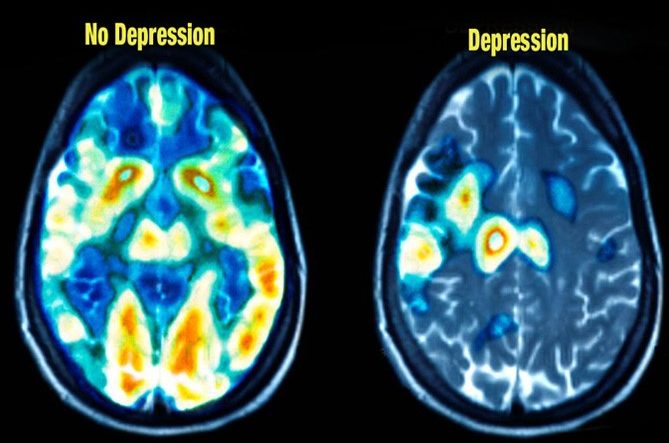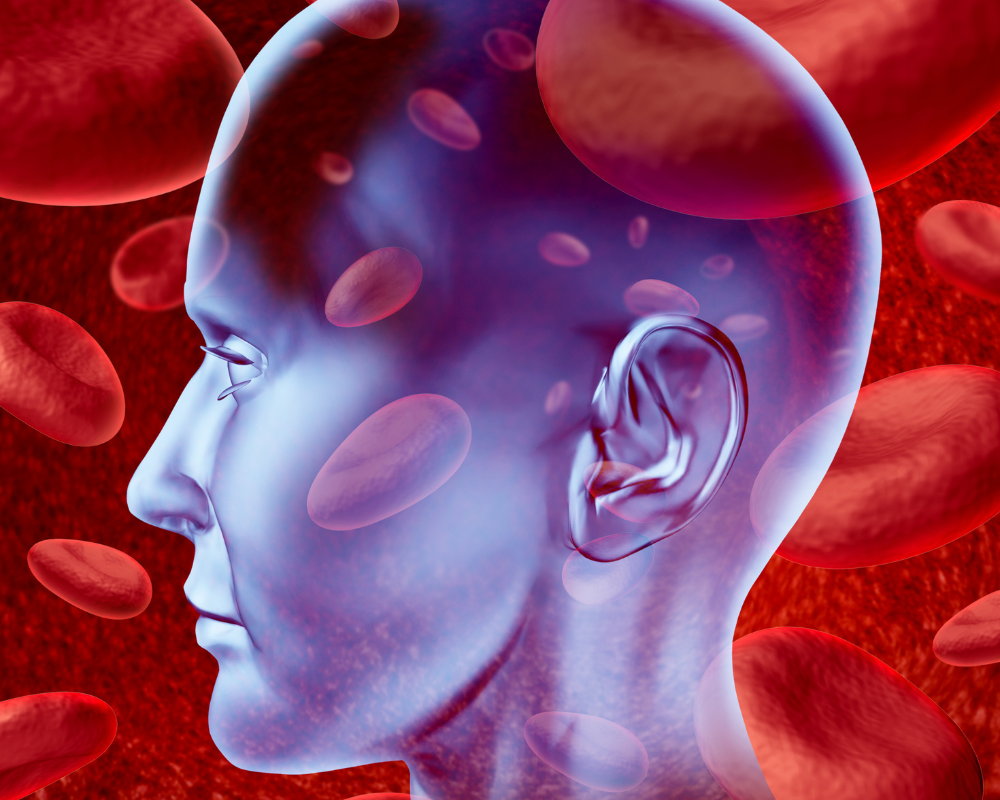Mental illness, while still often stigmatized, is sometimes simply misunderstood with the best intentions. Depression is one of the most common mental illnesses and is sometimes dismissed entirely as being a serious condition. It is still surrounded by common myths that can keep it underdiagnosed, under-discussed, and those who suffer from it, under scrutiny.
Separating fact from fiction is an important piece of understanding depression. Simple facts can be enough to fight the stigma; depression is real and can’t be wished away by trying hard enough. Other misunderstandings have more complicated answers.
Here are some debunked depression myths, which can be used as a tool to educate yourself and others.
Myth #1: There’s Only One Type of Depression
There are varying forms of depression. While the most common form associated with depression is Major Depressive Disorder (MDD), there are other forms. MDD symptoms include feelings of emptiness and hopelessness, loss of interest, changes in sleep and appetite, among others. Dysthymia, or Persistent Depressive Disorder, shares symptoms with MDD though they aren’t as severe and are regularly present for at least two years. Seasonal Affective Disorder means symptoms occur only on a yearly basis around the seasons. Postpartum Depression occurs after pregnancy. “Though some core symptoms of depression are shared by these forms, they all differ in symptoms, symptom severity, and circumstance,” Transformations explains.
In fact, two people diagnosed with the same type of depression may not experience symptoms the same way. There may also be other conditions at play, such as ADHD or anxiety, that appear with depression and may affect symptoms.
Myth #2: You Can’t Be Successful If You’re Depressed/You Can Tell When Someone Is Depressed
Just because someone doesn’t “appear” depressed doesn’t mean that’s the case. Depression doesn’t always mean not being able to get out of bed. Someone who is outwardly successful at work and can maintain relationships may not seem depressed, however, they could still be suffering from High Functioning Depression. People may even throw themselves into their work in order to avoid the pain of their mental illness.
BetterHelp shares that High Functioning Depression can be categorized by feeling a sense of sadness seeming to come from nowhere, loss of interest in what was previously enjoyable, perfectionism, a sense of guilt, irritability, self-doubt, or difficulty relaxing. Someone with High Functioning Depression is likely able to mask their depression well. Understand that these warning signs should be taken seriously. High Functioning Depression, when left untreated, can lead to a more serious mental illness.

Myth #3: Depression Isn’t a Clinical Disorder (It’s All in Your Head)
Of course, depression is “in your head”; where else would it be? Your leg? Your eyelashes? That doesn’t mean you imagined it though!
Depression has a complicated set of causes, which are still to be fully understood. Currently, two models that are complementary may explain the sources of depression. “The cognitive theory of depression suggests that depression results from negative thoughts generated by dysfunctional beliefs… A molecular model of depression suggests that depression’s underlying cause is an imbalance of chemical neurotransmitters in the brain, including serotonin, norepinephrine, and dopamine,” explains Scope.
Comparing two brain scans of someone with and without depression clearly indicates physical changes in brain function that aren’t imagined.
In fact, two people diagnosed with the same type of depression may not experience symptoms the same way. There may also be other conditions at play, such as ADHD or anxiety, that appear with depression and may affect symptoms.
Myth #4: Depression Just Means Feeling Sad
While depression often means experiencing sadness, it is categorized as an unwavering mood disorder that negatively impacts your life beyond the dynamic range of human emotions. Sadness is a mood felt temporary and being depressed does not mean ONLY feeling sad. Those with depression may also “feel anxious, tense, empty, and experience other negative emotions. Depression also does not go away with time or encouragement from friends and loved ones like sadness does,” shares UnityPoint Health.
Additionally, after successful treatment, having “bad days” doesn’t mean your depression isn’t in remission or hasn’t improved. Everyone has bad days. Even if your bad days look closer to how you were when you were depressed, that doesn’t mean you haven’t made progress. It also doesn’t mean every day is going to be the same.
Myth #5: Medication is the Only Way to Improve Depression
Not true! There are plenty of different treatment options available outside of medication. This is especially helpful as around 50% of patients likely have what is referred to as “medication-resistant” depression an NCBI study indicates.
TMS therapy may be the perfect solution for those with medication-resistant depression, those wanting a drug-free solution, or those who need an extra boost and want to take it in addition to medication. This treatment has also been shown to make an immediate impact. Some patients have noticed an improvement within the first couple weeks. Like any treatment however, it can take a patient some time to adjust and find the perfect dose.
Myth #6: Depression is Something You Must Deal with Alone
False. But here’s something that’s true: more than 264 million people suffer from depression globally. Several people in your life may have even suffered through depression at some point and know what you’re going through, even if they’re currently in remission.
The awful thing about depression is that it has a tricky way of making you FEEL alone and causes you to self-isolate. This is the opposite of what you should do to improve your condition. Confide in someone you trust. Discuss your symptoms with them and allow them to check in on you. Reach out to your doctor or make a therapy appointment to get a diagnosis. If you have been diagnosed and need treatment options, consider scheduling a consultation for TMS therapy.
If you or someone you know may be suffering from depression, it’s important to seek professional help. If you are diagnosed with depression and believe TMS therapy is a viable solution for you, schedule a free consultation with us!
Sources:
https://www.mytransformations.com/post/debunking-myths-about-depression
https://www.youtube.com/watch?v=xOe9zR0alO0
https://scopeblog.stanford.edu/2019/05/02/taking-depression-seriously-what-is-it/
https://www.unitypoint.org/desmoines/article.aspx?id=a655c7e2-fe37-4817-887b-c762ff455b23
https://www.ncbi.nlm.nih.gov/pmc/articles/PMC3363299/
https://www.who.int/news-room/fact-sheets/detail/depression





